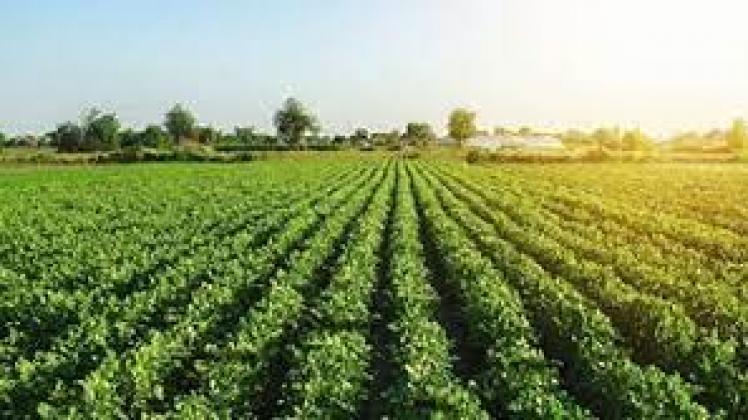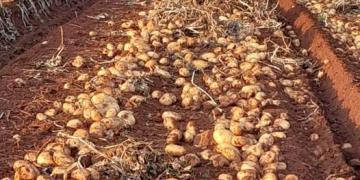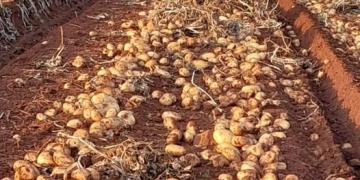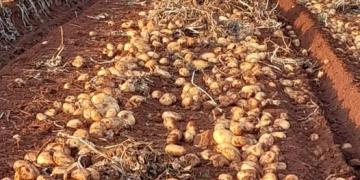Bangladesh: Potato cultivation management and techniques
Potato cultivation holds significant potential in Bangladesh and plays a crucial role in the country’s agricultural economy.

As a nutritious and versatile crop, potatoes are essential for meeting the growing food demands of the population.
They are the third most important food source in the country, following rice and wheat, and provide a rich supply of carbohydrates, vitamin C, potassium, and fiber, making a significant contribution to daily nutritional needs. In Bangladesh, approximately 458,000 hectares of land are dedicated to potato farming, producing a total of 10.965 million tons annually, with an impressive average yield of 23.91 tons per hectare (BBS & DAE, 2023-2024).
Domestic consumption ranges between 7 to 8 million tons, while exports amount to approximately 32,399.66 tons (DAE, 2022-2023). Potatoes currently rank second only to rice in terms of cultivated land area and yield. Their versatility as a food item, industrial raw material, and nutritional resource makes them highly popular, accounting for 48.13% of the country’s vegetable demand. Bangladesh’s climate and soil are exceptionally favorable for potato cultivation.
During the winter, the optimal temperatures and humidity levels create ideal conditions for potato growth, resulting in high yields. Key potato-producing regions include the northern and northwestern districts, such as Dinajpur, Rangpur, Bogura, Gaibandha, Joypurhat, Naogaon, Sirajganj, Natore and Jashore. Potatoes offer higher yields compared to many other crops and have the advantage of a shorter cultivation period.
Furthermore, potatoes are easy to market due to their consistent year-round demand, which is further bolstered by the growing demand from the food industry. The expansion of cold storage facilities has significantly improved the preservation of potatoes, enabling farmers to increase profitability. Government initiatives and incentives have also played a key role in promoting potato farming. While potato farming faces several challenges, these can be addressed through effective measures.
Enhancing production with improved seeds, efficient irrigation, pest management, and soil health practices is essential. With continued research and innovation, potato cultivation in Bangladesh is poised to reach new heights, contributing further to the country’s agricultural and economic development.Best restaurants near meIn Bangladesh, potato seeds are generally planted between late October and mid-November, with the harvest season typically occurring from January to March.Choosing the right soil and climate is critical for successful potato cultivation, as these factors have a significant impact on the crop’s quality and yield.
Sandy loam soil is ideal for potato farming due to its excellent drainage properties, which help prevent tuber rot. The optimal soil pH for potato cultivation ranges from 5.2 to 6.5. Potatoes grow best in temperatures between 15°C and 25°C.
Excessive heat can inhibit tuber growth, while extreme cold can cause the tubers to freeze. In Bangladesh, the winter season, lasting from late October to mid-December, offers ideal conditions for potato farming, providing the cool and dry weather necessary for healthy tuber development. As a winter crop (Rabi crop), potatoes thrive in mild, cold climates. Temperatures between 15°C and 20°C are particularly favorable for optimal tuber development. Planting seeds in late October or early November ensures the crop benefits from the ideal winter climate, leading to higher yields. The timing of potato cultivation may vary across different regions in Bangladesh due to variations in soil types and climatic conditions. In northern Bangladesh, where winter arrives earlier, planting typically begins in November. In southern regions, where winter sets in later, planting can extend into early December. Farmers should ensure that the soil is dry yet adequately moist during planting to promote proper seed germination, as excessive rainfall or waterlogging can hinder this process.
Fuente: observerbd.com




